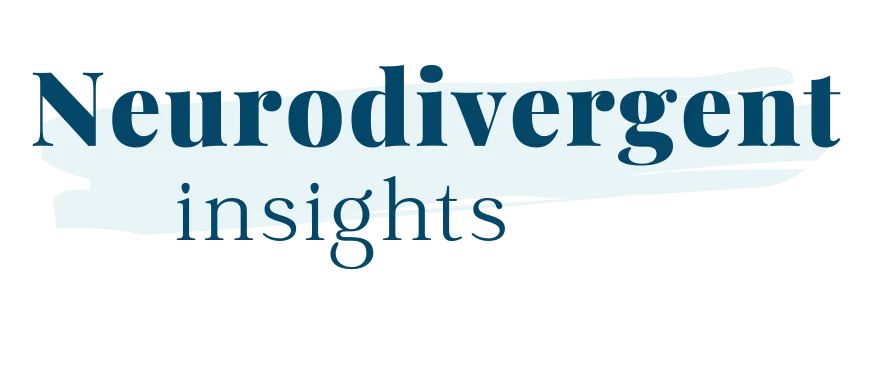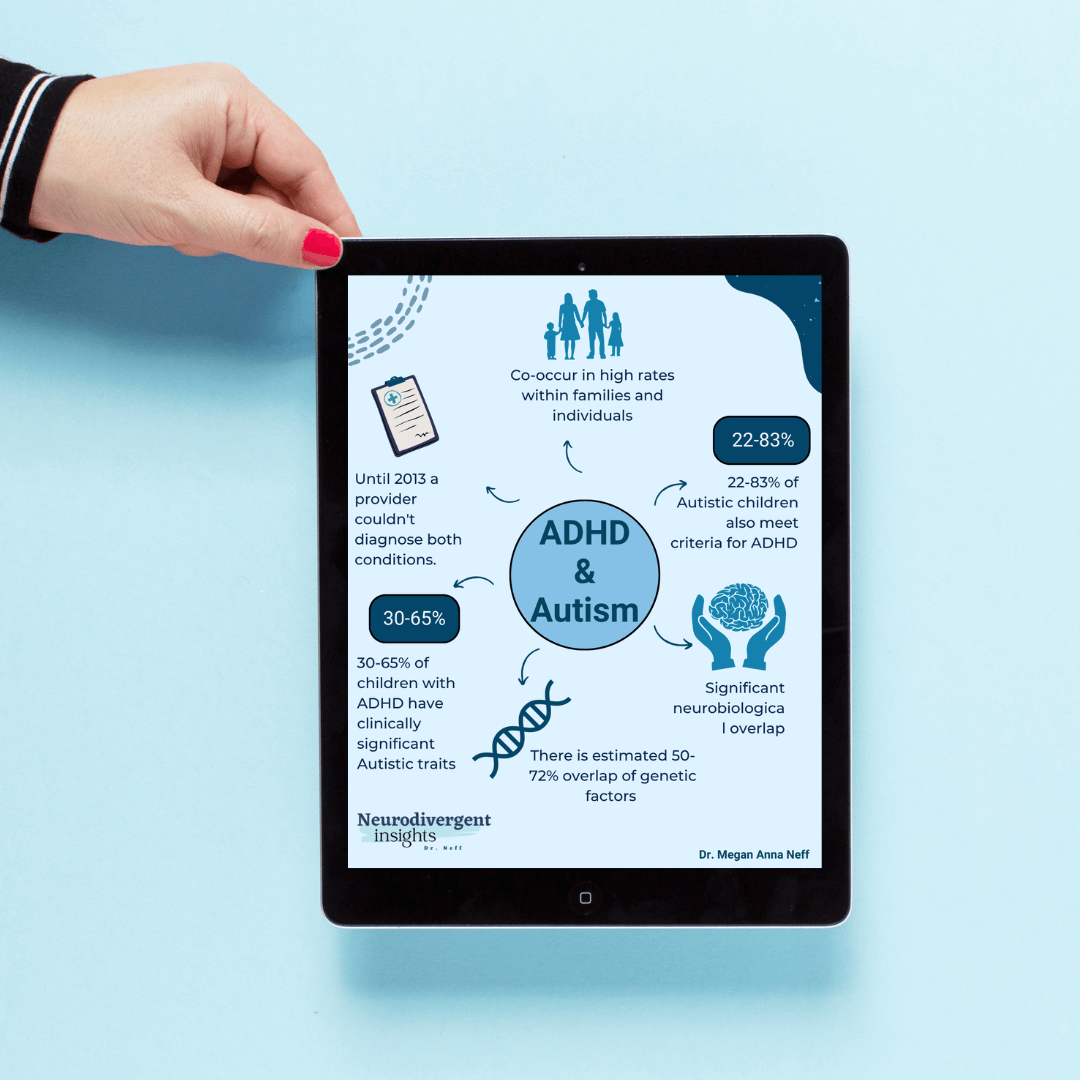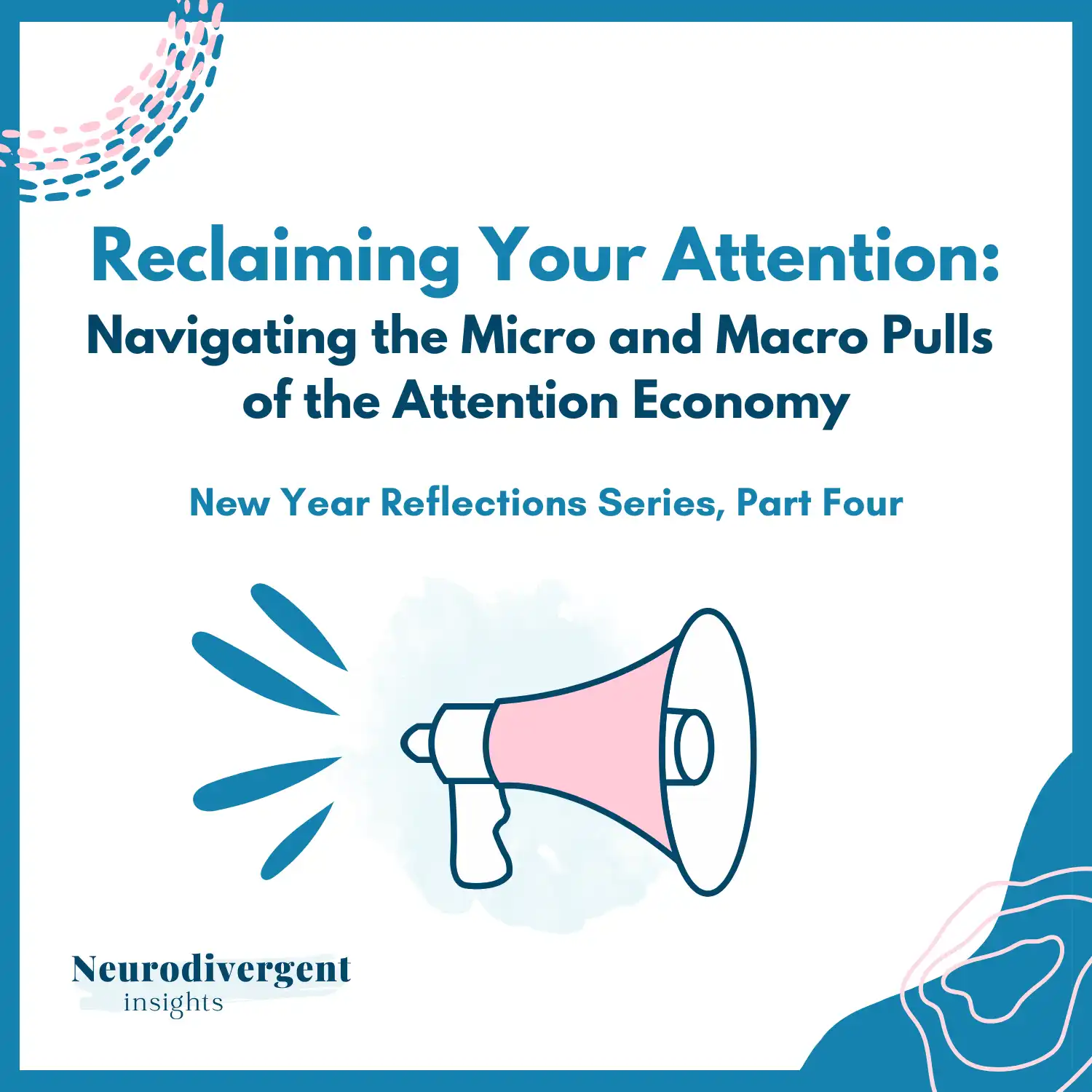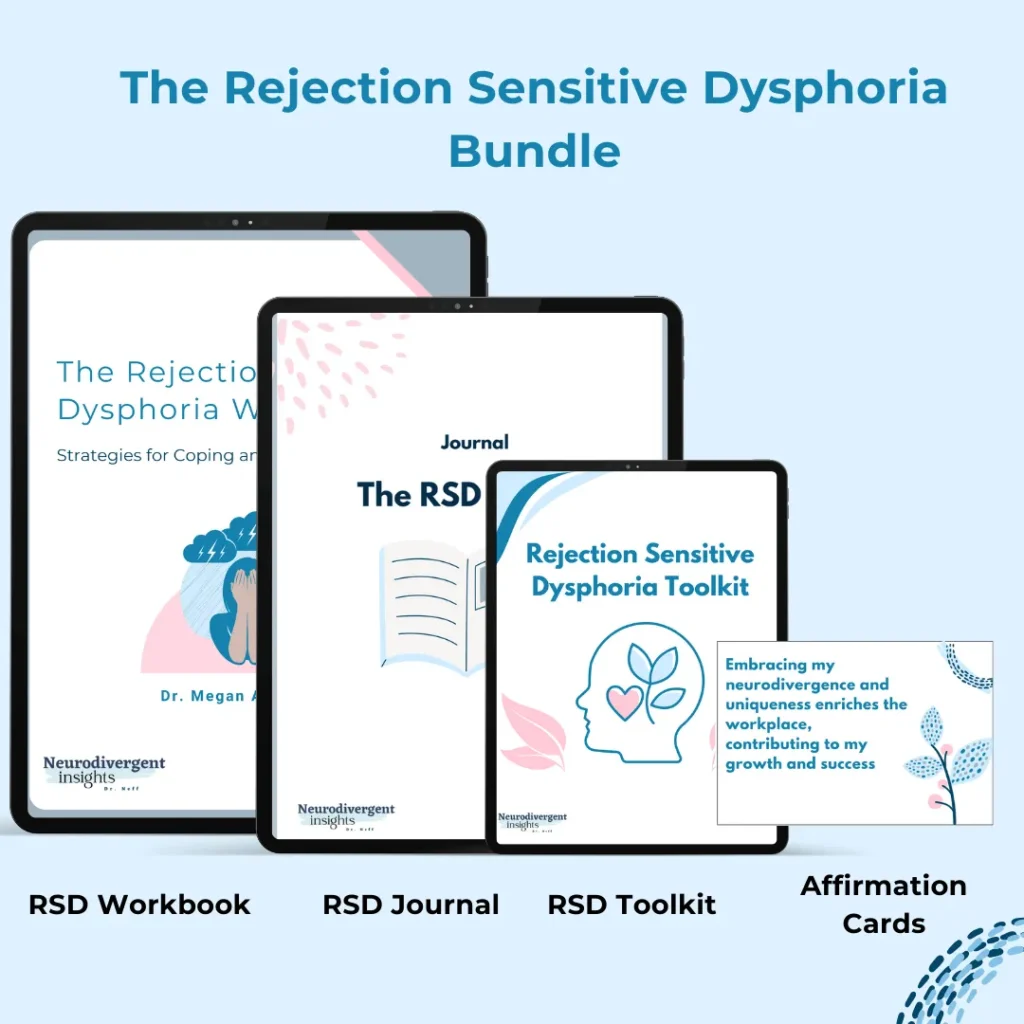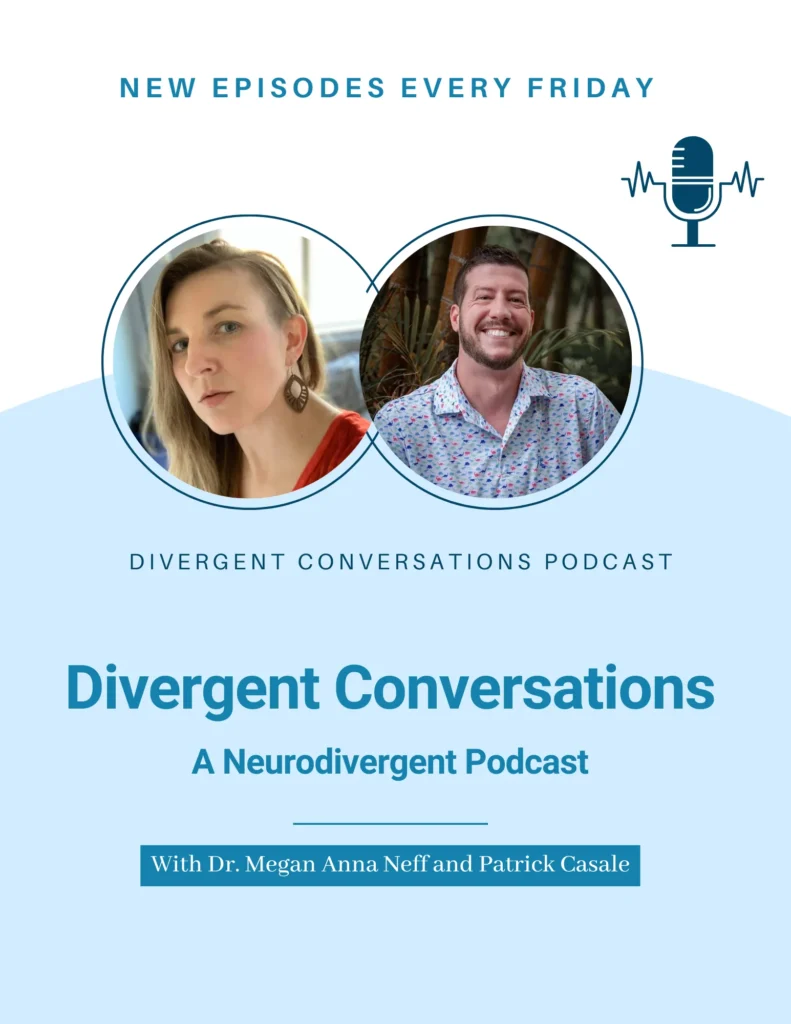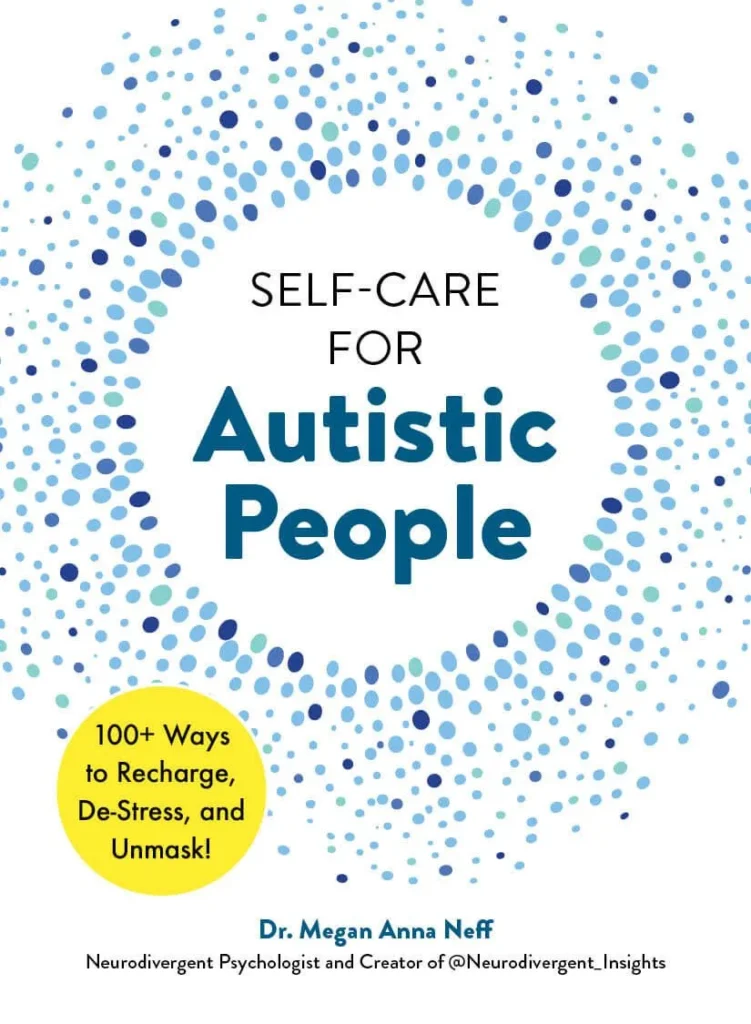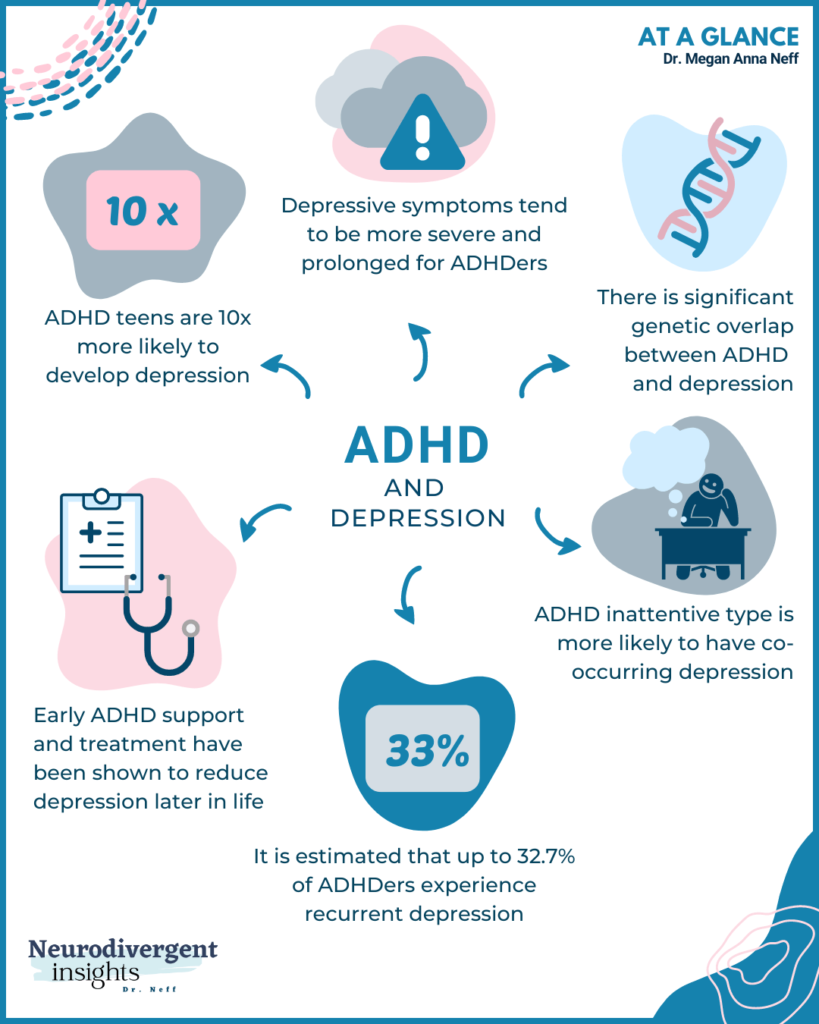
ADHD and Depression
Are you or someone you know dealing with ADHD and depression? If so, you’re not alone. ADHDers have a greater vulnerability to depression due to a variety of factors. These include genetic predisposition, environmental influences, as well as higher rates of social rejection, peer victimization, and difficulties in school or work settings. Drawing from my personal experience as an ADHDer who has faced depression and my professional background as a clinical psychologist specializing in ADHD, I aim to shed light on the often misunderstood co-occurrence of ADHD and depression.
When someone experiences the simultaneous presence of ADHD and depression, it’s known as “complex ADHD.” Complex ADHD occurs when ADHD coexists with one or more additional conditions, which can complicate the management and treatment of ADHD itself. This situation introduces several new challenges that need to be addressed. This is precisely why understanding the connection between conditions like ADHD and depression is of utmost importance. By comprehending the interplay between ADHD and depression, we can pinpoint the most effective strategies and interventions to support individuals navigating both of these conditions.
Those who weren’t diagnosed with ADHD during childhood are more likely to exhibit symptoms of mood disorders. If left untreated or identified late, the risk of developing a mood disorder increases significantly. Therefore, it becomes crucial to enhance our ability to recognize non-stereotypical manifestations of ADHD in order to provide more comprehensive support and care.
Co-occurrence of ADHD and Depression
In the medical world, it’s becoming more well-known that ADHD and depression often happen together, and depression symptoms might not appear until later in life (Riglin et al., 2020). Because different studies have found different results, there’s no one specific percentage for how often depression happens alongside ADHD. Still, all studies show that it’s more likely to happen to people with ADHD. Here’s a breakdown of some of the research studies that have looked at ADHD and depression:
According to a study by Riglin et al. (2020), approximately 32.7% of people with childhood ADHD experienced recurrent depression in young adulthood (Riglin et al., 2020).
ADHD increases the risk of depression later in life (Riglin et al., 2020).
21.43% of ADHD children met the criteria for co-occurring depression (Mitchison & Njardvik, 2019).
There is an estimated 6.5-fold increase in risk for depression within the first year of ADHD diagnosis (Riglin et al., 2020).
Teens who had been diagnosed with ADHD between ages 4-6 were ten times more likely to develop depression than those without ADHD (Chronis-Tuscano et al., 2010).
The prevalence rate of ADHD in adults was as high as 22.1% among those currently experiencing depression (Bron et al. 2016).
Children diagnosed with ADHD were approximately six times as likely to have depression within one year of ADHD diagnosis and twice as likely within five years compared to children without ADHD (Gundel et al., 2018).
Implications of Co-occurrence
When a person experiences both ADHD and depression, it can result in more severe and prolonged depressive episodes (Daviss and Bond, 2016). This can lead to increased suicidal behaviors and hospitalizations, underscoring the importance of recognizing and treating both conditions. Studies have shown that children with both ADHD and depression tend to have more social and academic problems but not conduct problems (Blackman et al., 2005).
Additionally, depression can worsen the executive functioning challenges already present in individuals with ADHD, making it harder to complete tasks and be productive. It is important to seek appropriate treatment and support for these co-occurring conditions to manage the associated difficulties and reduce the overall impact on daily life.
Risk Factors of Co-occurrence
Certain factors increase the risk of co-occurring depression and ADHD. Here is a summary of some of the risk factors that increase a person’s risk:
Being female or genderqueer: increases the chances of co-occurring depression (Chronis-Tuscano et al., 2010)
ADHD inattentive type: Those with ADHD-Inattentive type were more likely to have co-occurring depression in a longitudinal study of early–diagnosed ADHD children (Chronis-Tuscano et al., 2010)
Undiagnosed/untreated ADHD: ADHDers had a 20% lower rate of depression when receiving ADHD medication compared to when they were not (Chang et al., 2016).
Maternal depression: When the mother (or trans-father) was depressed during pregnancy, it was associated with higher rates of depression, ADHD, and co-occurrence of both(Chronis-Tuscano et al., 2010).
Early-onset ADHD: Earlier onset of ADHD is associated with an increased risk of depression later in life (Chronis-Tuscano et al., 2010).
Co-occurring conditions in childhood: Children with co-occurring conditions in childhood, such as ODD/conduct disorder, were more likely to develop depression in their teenage years than children with “uncomplicated ADHD” (Chronis-Tuscano et al., 2010)
Cause of Co-occurrence
There appears to be considerable genetic overlap between ADHD and depression (Riglin et al., 2020). Genetics plays a role in the high co-occurrence rate between ADHD and depression. Among twin studies, the co-occurrence of ADHD and depression demonstrated significant genetic factors (approximately 70%) (Faraone and Larsson, 2019).
However, the relationship between ADHD and depression is complex and likely involves multiple factors, including biological, environmental, and social factors. For example, Riglin et al. (2020) found that the association between adult ADHD and depression was not driven by childhood depression but rather was better explained by the continuation of ADHD struggles into adulthood. Additionally, earlier pharmacological treatment of ADHD is associated with a reduced risk of MDD (Daviss et al., 2008).
Treatment for ADHD and Depression
As described above, co-occurring ADHD and depression can lead to more severe and prolonged depressive episodes, including suicidal behaviors and hospitalizations. For these reasons, it’s crucial to recognize the implications of this co-occurrence and seek appropriate treatment. Fortunately, various treatment options are available:
Medication: Medication can be helpful for both ADHD and depression symptoms. Working with a healthcare provider is important to find the right medication and dosage for you.
Therapy: Therapy can help with both ADHD and depression symptoms, as well as provide a safe and supportive space to discuss and process experiences related to neurodivergence and ableism. Therapists who specialize in working with neurodivergent clients can be particularly helpful.
Lifestyle modifications: Certain lifestyle changes, such as regular exercise, healthy eating, and good sleep hygiene, can help reduce symptoms of both ADHD and depression.
Mindfulness practices: Mindfulness practices, such as meditation or yoga, can help with emotional regulation and reducing stress, which can, in turn, help manage ADHD and depression symptoms.
Social support: Having a strong support system can be invaluable for managing both ADHD and depression. Connecting with other neurodivergent people can help reduce feelings of isolation and provide a sense of community and understanding.
Incorporating neurodivergent identity: Embracing and incorporating your neurodivergent identity can be empowering and reduce feelings of shame or inadequacy. Working with a therapist who specializes in neurodiversity and identity can be helpful.
Addressing ableism: Addressing and challenging internalized ableism can help reduce the negative impact it has on mental health. This can include advocating for accommodations, educating others about neurodiversity, and seeking out supportive and inclusive environments.
It’s important to work with a qualified healthcare professional to determine the best treatment for co-occurring ADHD and depression.
Summary
Depression and ADHD often occur together, and people with ADHD are more likely to experience depression. There are many reasons for this, including genetics and life experiences like rejection or difficulties in school or work. Women and genderqueer people may also have a higher risk of developing both conditions.
It’s important to get treatment for both conditions, as they can worsen each other. Early treatment of ADHD can reduce the risk of depression, and taking medication for ADHD can help prevent depression in the long term. It’s also important to talk to a doctor or therapist if you are experiencing symptoms of depression, such as feeling sad or hopeless, loss of interest in activities, or changes in appetite or sleep. If you want to learn more about depression and neurodivergence and discover strategies for breaking the cycle of depression, you can find my workbook on the topic here.
Blackman, G. L., Ostrander, R., & Herman, K. C. (2005). Children with ADHD and depression: a multisource, multimethod assessment of clinical, social, and academic functioning. Journal of attention disorders, 8(4), 195-207.
Bron, T. I., Bijlenga, D., Verduijn, J., Penninx, B. W., Beekman, A. T., & Kooij, J. J. (2016). Prevalence of ADHD symptoms across clinical stages of major depressive disorder. Journal of affective disorders, 197, 29–35.
Chang, Z., D’Onofrio, B. M., Quinn, P. D., Lichtenstein, P., & Larsson, H. (2016). Medication for attention-deficit/hyperactivity disorder and risk for depression: A nationwide longitudinal cohort study. Biological Psychiatry, 80(12), 916–922. PubMed
Chronis-Tuscano, A., Molina, B. S., Pelham, W. E., Applegate, B., Dahlke, A., Overmyer, M., & Lahey, B. B. (2010). Very early predictors of adolescent depression and suicide attempts in children with attention-deficit/hyperactivity disorder. Archives of General Psychiatry, 67(10), 1044–1051.
Daviss, W. B., & Bond, J. B. (2016). Comorbid ADHD and depression: assessment and treatment strategies. Psychiatr Times, 33(9).
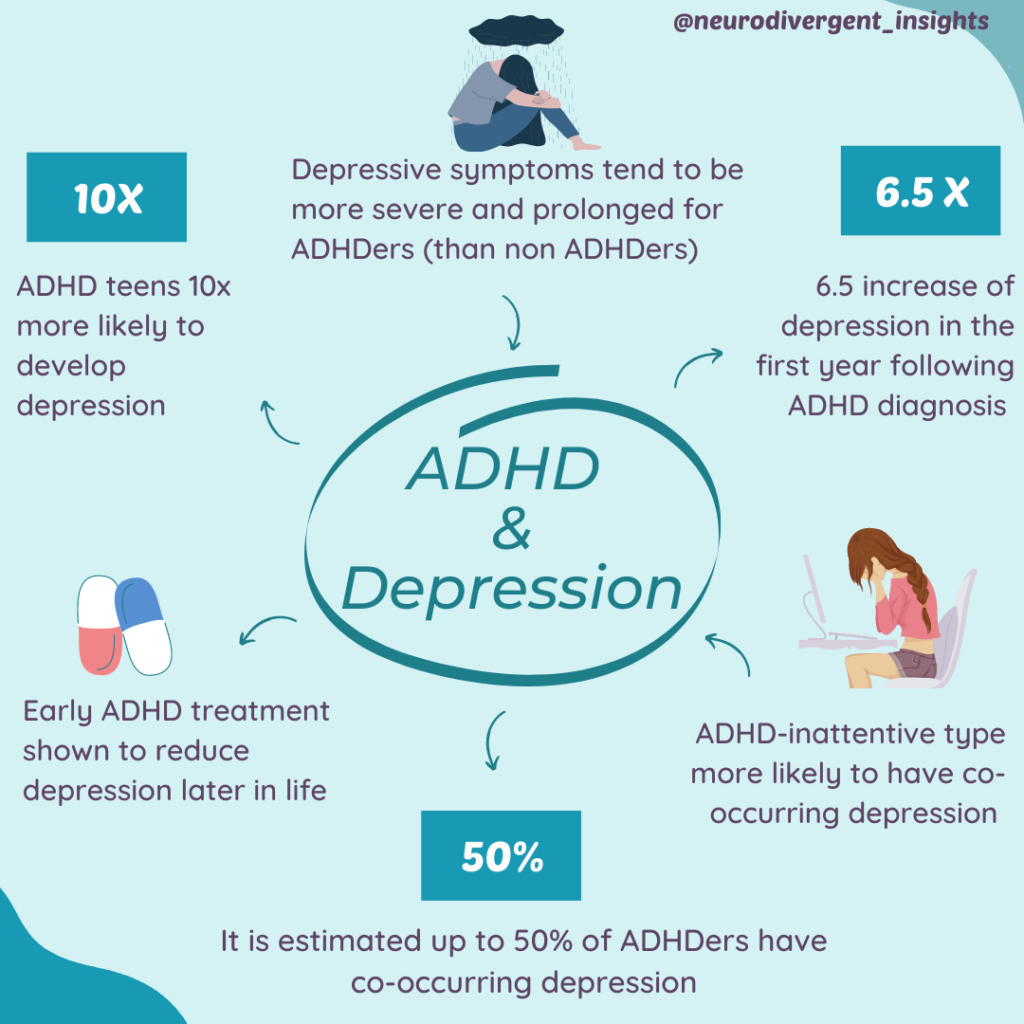
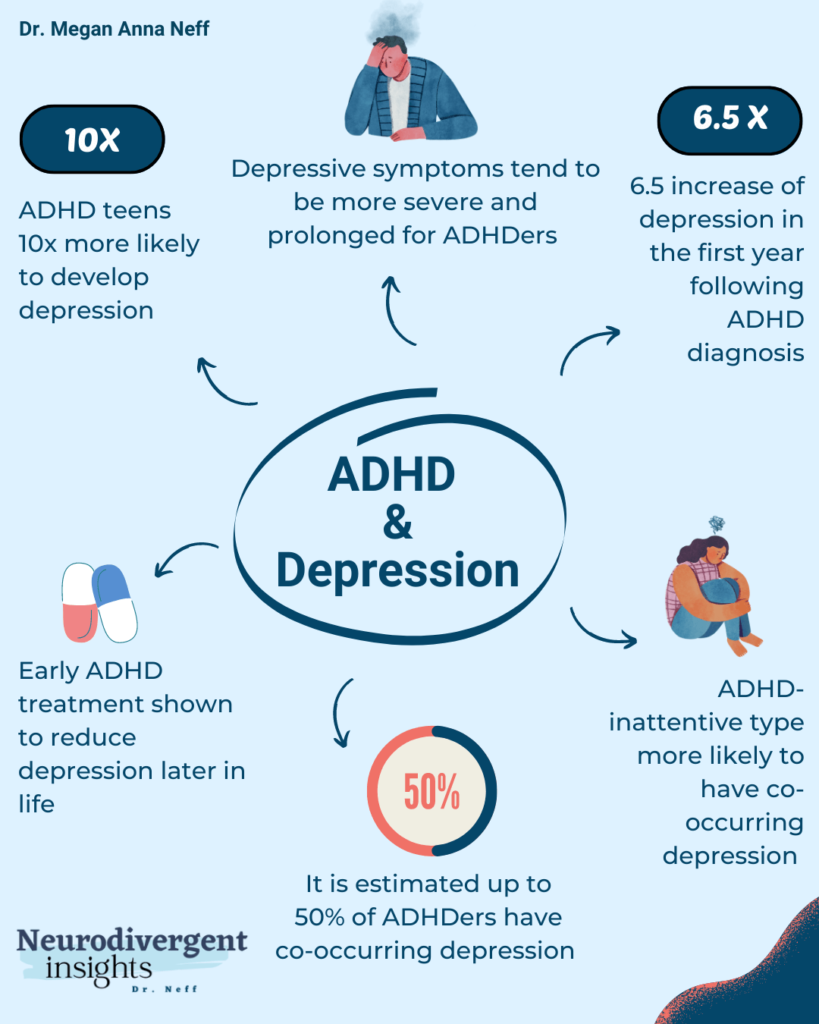
Faraone, S. V., & Larsson, H. (2019). Genetics of attention deficit hyperactivity disorder. Molecular psychiatry, 24(4), 562–575.
Goodman, D. W., & Thase, M. E. (2009). Recognizing ADHD in adults with comorbid mood disorders: implications for identification and management. Postgraduate medicine, 121(5), 20–30.
Gundel, L. K., Pedersen, C. B., Munk-Olsen, T., & Dalsgaard, S. (2018). Longitudinal association between mental disorders in childhood and subsequent depression – A nationwide prospective cohort study. Journal of Affective Disorders, 227, 56–64.
Mitchison, G. M., & Njardvik, U. (2019). Prevalence and gender differences of ODD, anxiety, and depression in a sample of children with ADHD. Journal of attention disorders, 23(11), 1339-1345.
Riglin, L., Leppert, B., Dardani, C., Thapar, A., Rice, F., O’Donovan, M., . . . Thapar, A. (2021). ADHD and depression: Investigating a causal explanation. Psychological Medicine, 51(11), 1890-1897. doi:10.1017/S0033291720000665
